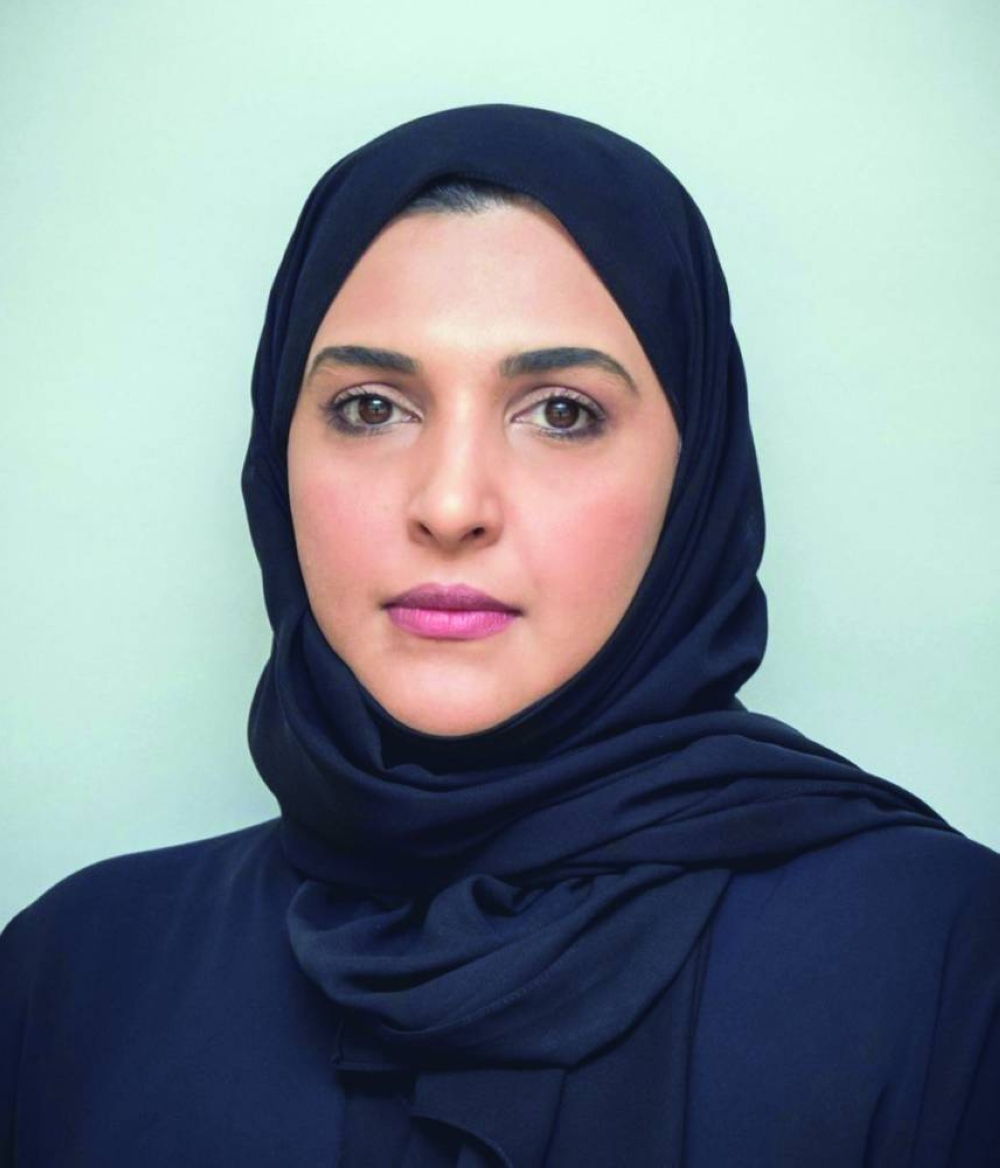The National Human Rights Committee (NHRC) will hold its annual international conference on May 27 on AI and Human Rights, QNA
reported.
The conference will be held in co-operation with local, regional, and international partners, and will be attended by relevant international organisations, a number of international actors in the field of technology and digital transformation, experts, and academics. The two-day conference targets government officials, policymakers, experts in artificial intelligence and technology, human rights defenders, activists, legal specialists, representatives of civil society organisations, technology developers, private sector companies, academics, and researchers.
In this context, HE Chairperson of the NHRC Maryam bint Abdullah al-Attiyah said the conference is a platform for dialogue between stakeholders from governments, civil society, academia, and other actors, and seeks to explore the dual nature of artificial intelligence as a tool for progress and a potential challenge to human rights and democracy. She noted that the conference sessions will examine strategies to ensure the development and deployment of AI technologies in ways that support the rule of law, protect human rights, and promote democratic governance.
Al-Attiyah noted that the conference aims to explore the impact of AI on human rights and fundamental freedoms, analyse the opportunities and risks associated with AI from a human rights perspective, and present best practices and standards for the ethical use of AI by engaging with policymakers, technology experts, civil society, and the private sector to foster multi-stakeholder dialogue, who will propose actionable recommendations within this framework, and ensure that AI development is consistent with human rights principles. The Chairperson of the National Human Rights Committee said that the conference is expected to produce the Doha Declaration on Artificial Intelligence and Human Rights.
The declaration includes raising awareness of the implications of artificial intelligence for human rights, along with the development of a set of best practices and guidelines for the responsible development and use of artificial intelligence. It also includes recommendations for policymakers to regulate artificial intelligence in a manner consistent with human rights standards, as well as enhancing co-operation among various stakeholders to ensure the development of ethical use of artificial intelligence.
She said that the conference’s main sessions will feature high-level speeches from senior leaders in relevant organisations to set the stage, followed by group discussions featuring diverse speakers with expertise in technology, ethics, law, and human rights. Case studies from organisations and researchers on the use of artificial intelligence and its impact on human rights will also be reviewed.

HE the Chairperson of the NHRC Maryam bint Abdullah al-Attiyah
